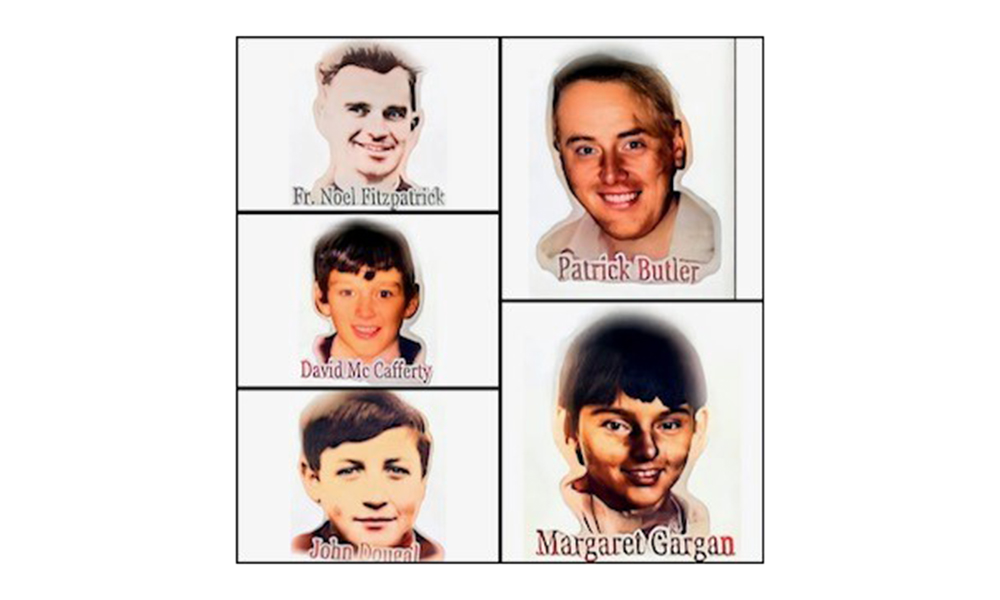Michael Mansfield counsel for the family of one of the teenagers killed in the Springhill Massacre, told the inquest this week that the Royal Military Police (RMP) were involved in a ‘cover up’ to protect the soldiers who shot dead the five victims.
He was responding to the evidence given this week by a former member of the RMP. Known only as SM344 to protect his identity, the inquest was told that he had taken statements from two of the ciphered soldiers, soldiers A and D. Giving his evidence by video link SM344 claimed he could not remember taking statements from the soldiers despite the fact that his signature was on the statements. This was even more extraordinary given that the inquest was told that he had attended the original inquest into the deaths in 1973. His response, like that of all of the other former soldiers who have given evidence, was that he had “no recollection” of the incident or of the identities of the soldiers who shot dead the victims.
The inquest was told by other counsel for the families, that the role of the RMP was merely a ‘statement taking exercise’, and that there were no ‘real investigations’ into killings carried out by British soldiers. As one barrister put it, “soldiers were treated as witnesses to an incident rather than as suspects in a murder, their (the RMP) role was not to assess criminal responsibility but to merely establish the facts according to those involved in the shootings”. The inquest also heard that when the RMP were investigating shooting incidents by the army, the weapons used in the incident were never seized for forensic examination. This was the case in the ‘Springhill Massacre’ killings.
After five weeks of hearing the evidence of some thirty military witnesses, the inquest is still not able to identify the soldiers who killed three teenagers, a father of six and a parish priest. Incredibly none of these former soldiers, some of whom were in charge on the night the five victims were shot dead, have been willing to tell the inquest what they knew about the deaths, or reveal the identities of the soldiers who shot dead the victims. The seven soldiers involved in the deaths have still not been traced despite extensive investigations by the Legacy Investigation Unit. Nor indeed have any of those soldiers come forward to give evidence for the inquest.
Not one of the thirty military witnesses has been willing to appear before the inquest in person, all have given their evidence by video link, screened from the public and only referred to by ciphers to protect their identities
The inquest continues on Tuesday the 12th March.











